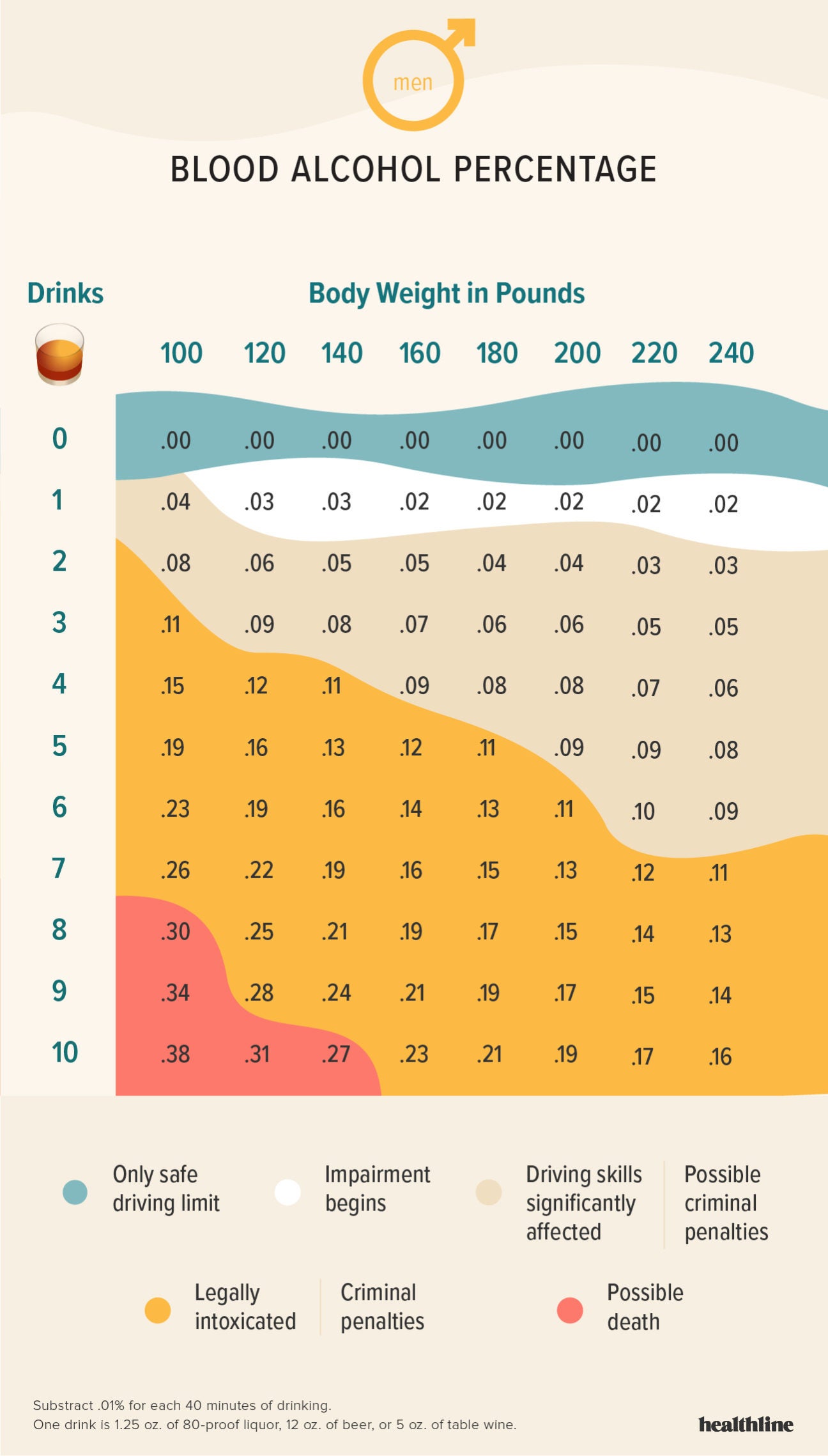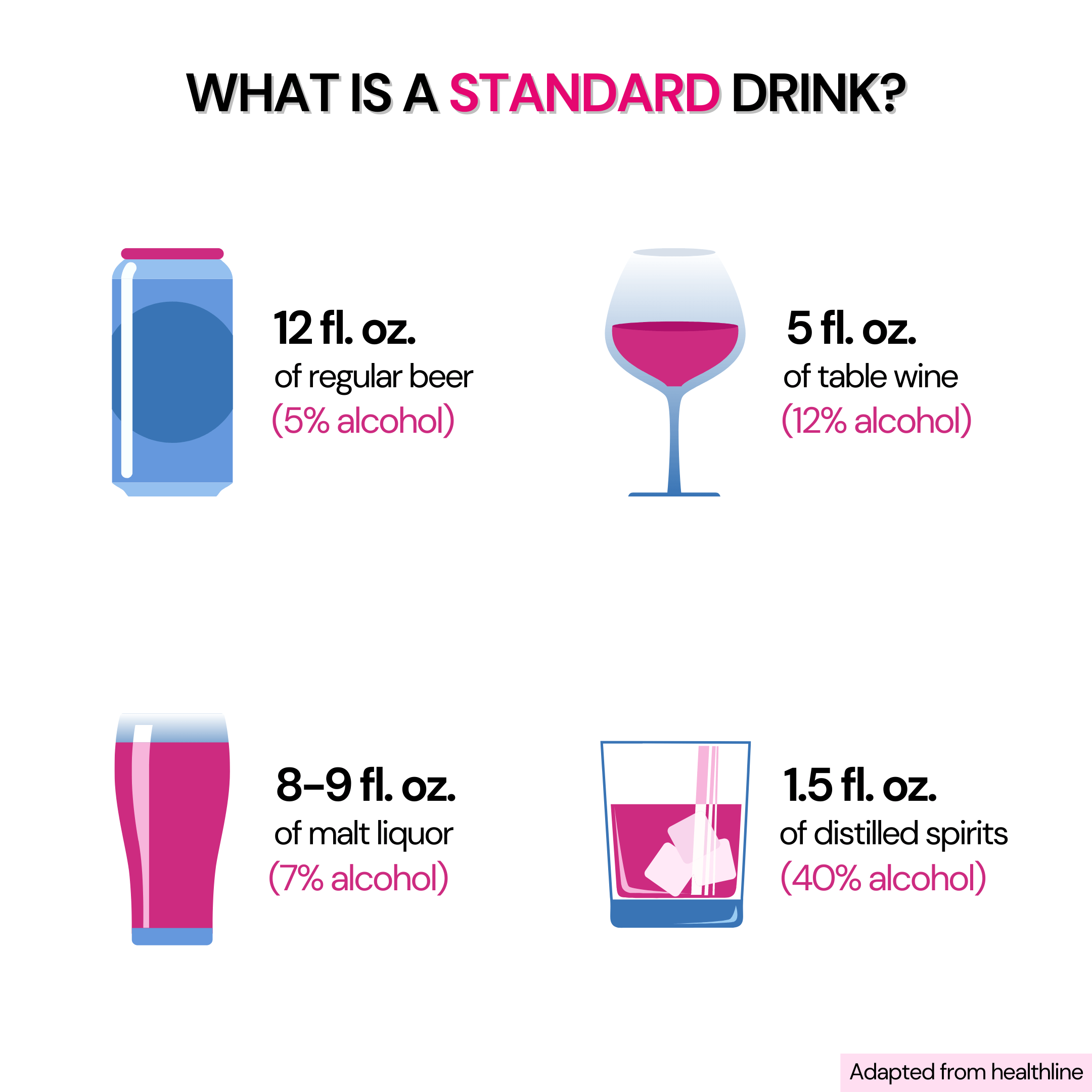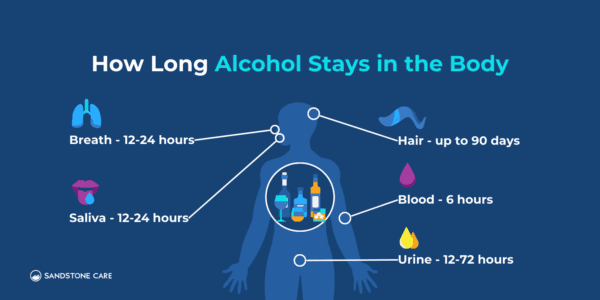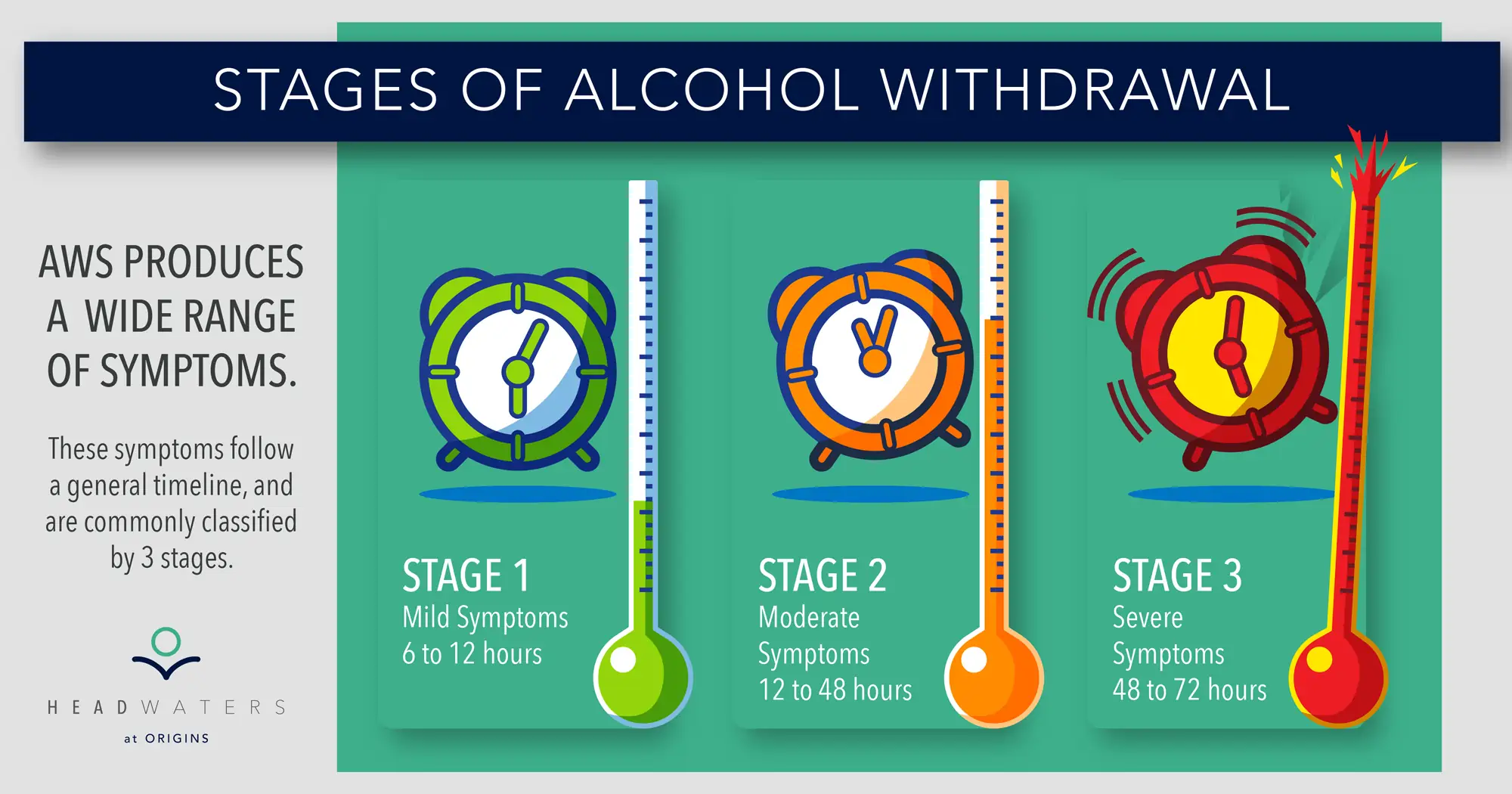How Long Does It Take For Alcohol Tolerance To Decrease

For individuals who regularly consume alcohol, the concept of tolerance—requiring increasingly larger amounts of alcohol to achieve the same effects—is a familiar one. But what happens when alcohol consumption decreases or ceases altogether? How long does it take for that tolerance to diminish, and what factors influence this process?
Understanding the timeline for tolerance reduction is crucial for individuals seeking to moderate their alcohol intake, as well as for healthcare professionals advising patients on safe drinking practices. It also has implications for understanding vulnerability to alcohol-related harm following periods of abstinence. This article explores the complexities of alcohol tolerance and the factors influencing its decline.
The Physiology of Alcohol Tolerance
Alcohol tolerance isn’t a simple on/off switch. It’s a complex physiological adaptation involving the brain and liver. Metabolic tolerance occurs when the liver becomes more efficient at processing alcohol, meaning it breaks down faster.
Functional tolerance, also called pharmacodynamic tolerance, refers to the brain's adaptation to the effects of alcohol. The brain becomes less sensitive to alcohol's depressant effects. This includes adjustments in neurotransmitter activity.
Factors Influencing Tolerance Reduction
The timeline for tolerance reduction varies considerably from person to person. There are several factors that play a role. These factors include the duration and intensity of previous alcohol consumption.
Individual metabolism, overall health, genetics, and even age also have an influence. These elements interact to determine how quickly tolerance wanes.
General Timeline for Tolerance Decline
While individual experiences vary, some general guidelines can be offered. A significant decrease in tolerance can often be noticed within a relatively short period of abstinence.
After one week of abstinence, some individuals may experience a noticeable decrease in tolerance. After two to four weeks, a more substantial reduction is typically observed.
However, for those with a history of heavy, long-term alcohol use, complete restoration of baseline sensitivity can take considerably longer. It can take several months, or even years. This is especially true if there has been alcohol-related organ damage.
Research Findings
Research suggests that the brain's adaptation to alcohol can be remarkably persistent. A study published in the journal Alcoholism: Clinical & Experimental Research found that even after prolonged periods of abstinence, certain aspects of brain function related to alcohol dependence may remain altered.
This might explain why some individuals experience rapid re-development of tolerance upon resuming alcohol consumption. More research is needed to fully elucidate the long-term effects of alcohol on brain function and tolerance.
The Risks of Reduced Tolerance
A common misconception is that reduced tolerance is always a positive outcome. However, it presents significant risks. Individuals who have significantly reduced their alcohol tolerance are more susceptible to the effects of alcohol.
This increased susceptibility includes impaired judgment, motor coordination problems, and an elevated risk of alcohol poisoning. It is important to be aware of the reduced tolerance and adjust consumption accordingly to prevent harm.
Seeking Professional Guidance
For individuals with a history of heavy alcohol use or concerns about alcohol dependence, seeking professional guidance is crucial. Healthcare providers can provide personalized advice and support.
They can also help individuals manage their alcohol consumption safely and effectively. This might involve assessing individual risk factors and developing strategies for preventing relapse.
Public Health Implications
Understanding the dynamics of alcohol tolerance has broader implications for public health. Public health campaigns should emphasize the importance of adjusting alcohol consumption after periods of abstinence.
This is particularly relevant during holidays or social events where alcohol consumption is common. Educating the public about the risks of reduced tolerance can help prevent alcohol-related harm and promote responsible drinking behaviors.
"It is imperative for individuals to be mindful of their alcohol tolerance, especially after periods of abstinence," says Dr. Emily Carter, a leading expert in addiction medicine at the National Institute on Alcohol Abuse and Alcoholism (NIAAA). "Understanding that tolerance can decrease significantly, and adjusting consumption accordingly, is key to preventing alcohol-related health issues."
In conclusion, the time it takes for alcohol tolerance to decrease varies widely depending on individual factors and previous drinking history. While a noticeable reduction in tolerance can occur within a few weeks of abstinence, complete restoration of baseline sensitivity may take much longer, especially for those with a history of heavy alcohol use.
Recognizing the risks associated with reduced tolerance and adjusting consumption accordingly is crucial for preventing alcohol-related harm. Seeking professional guidance and supporting public health initiatives aimed at promoting responsible drinking practices can contribute to a healthier society overall.
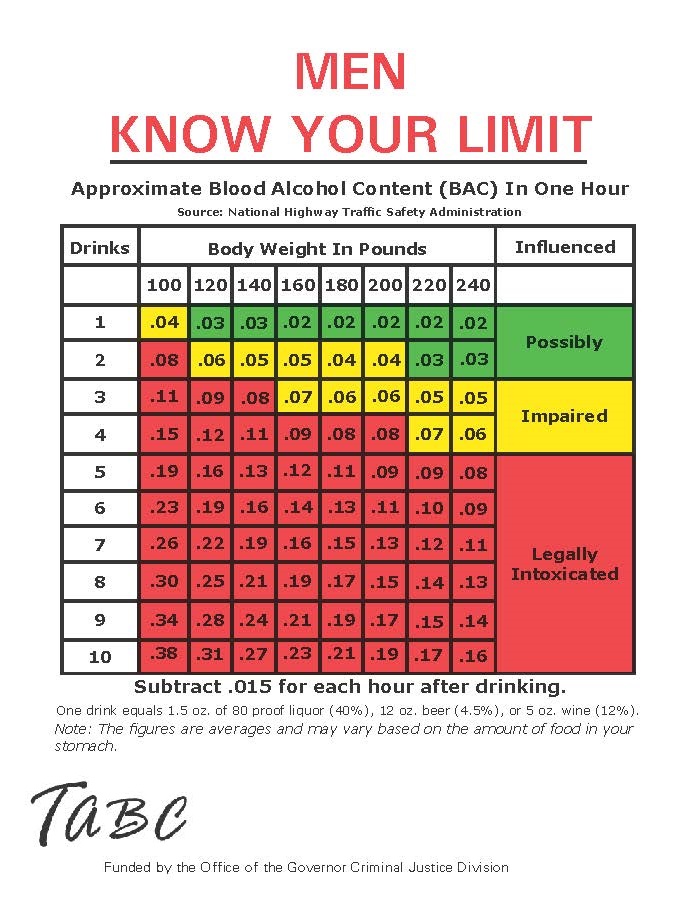
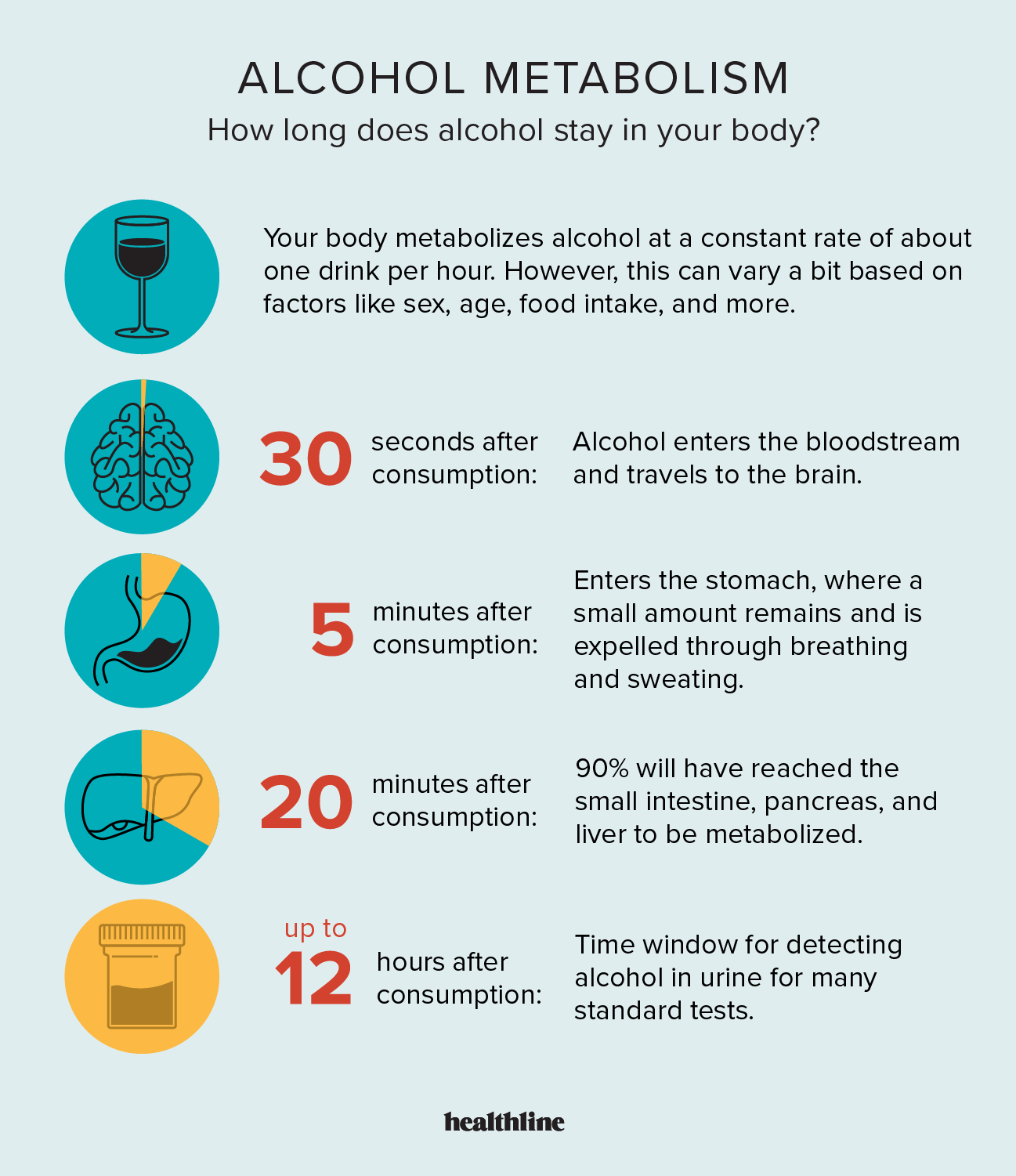

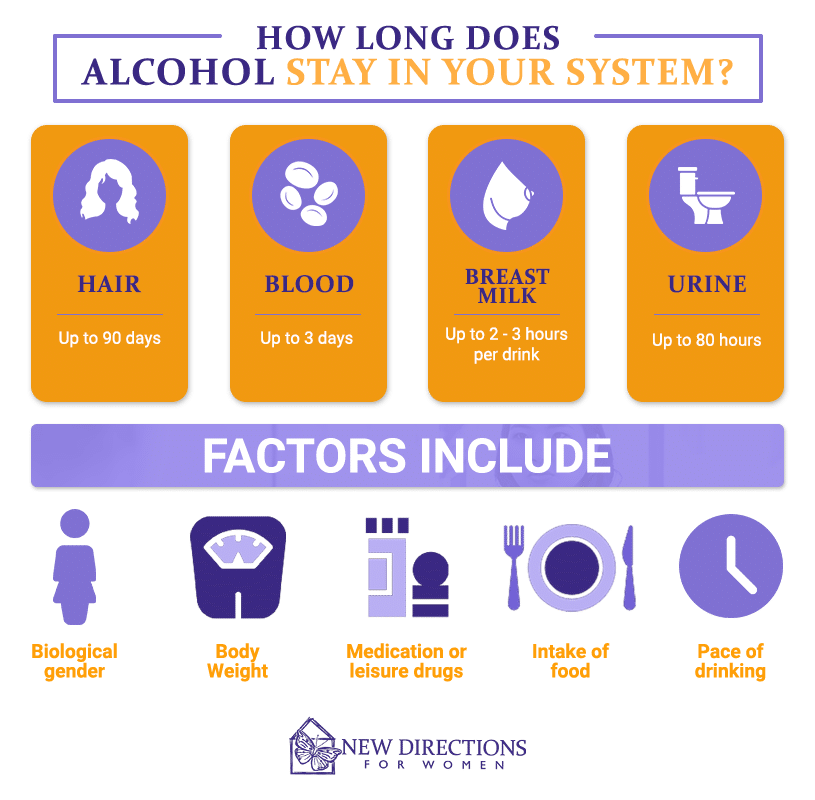


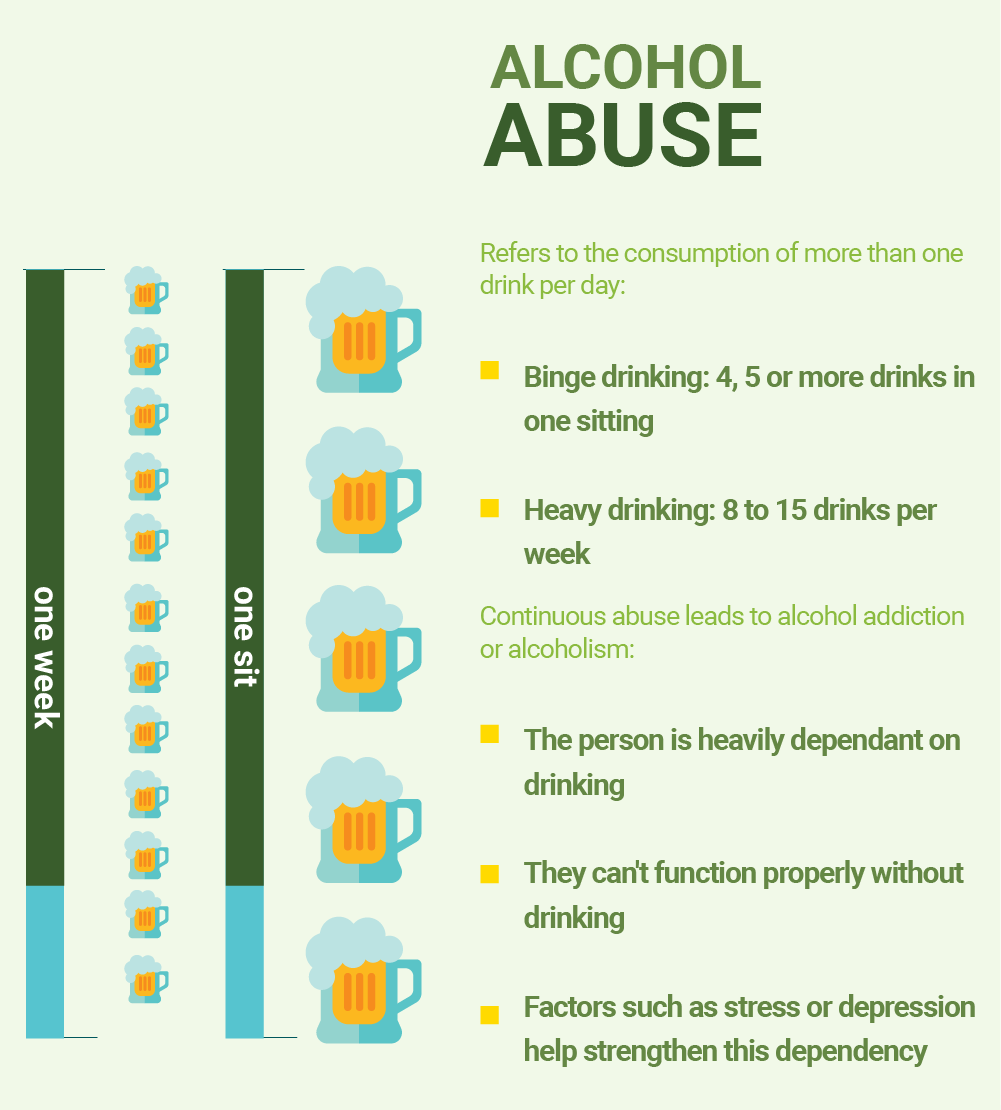
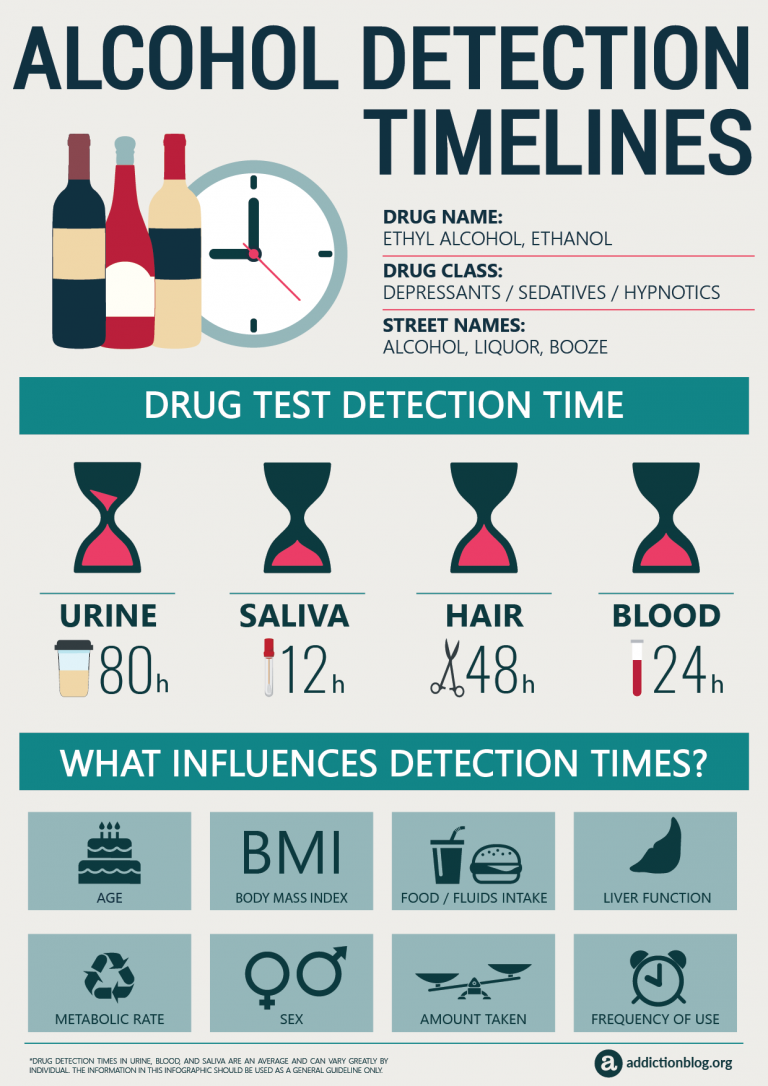
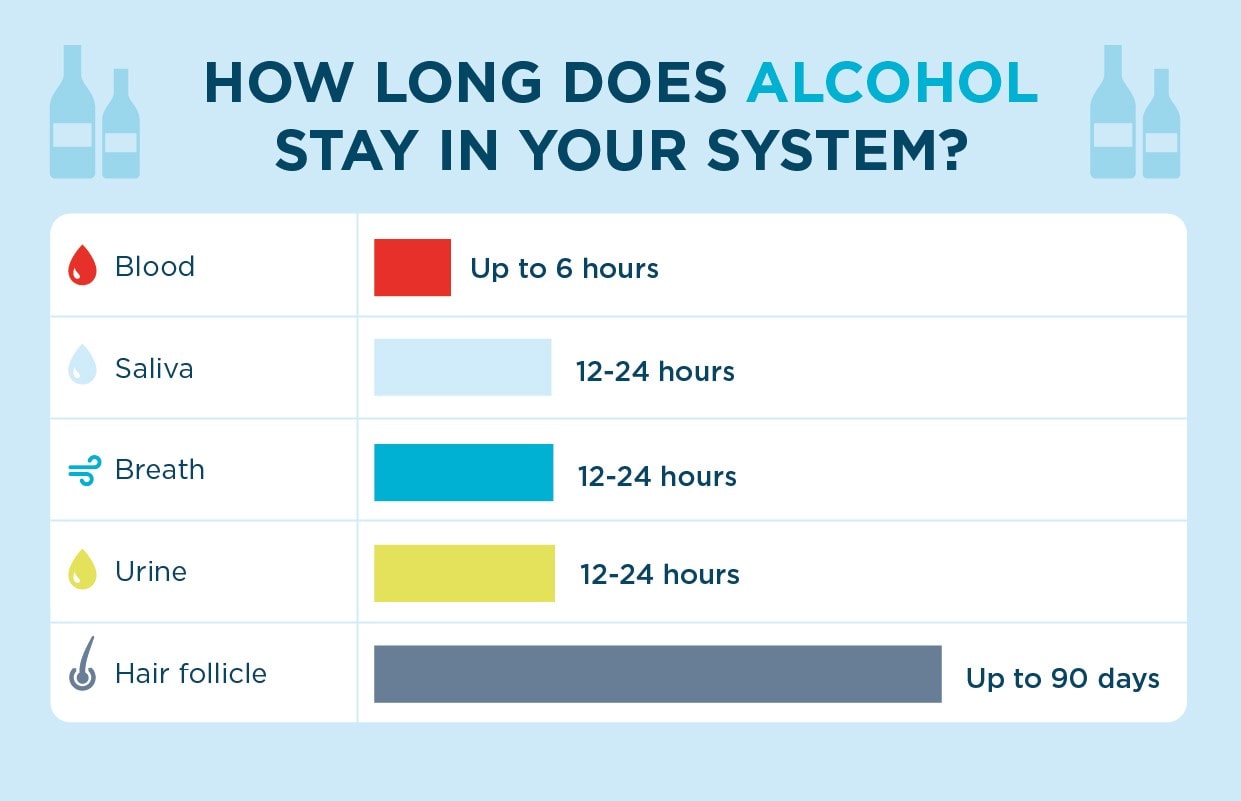
![How Long Does It Take For Alcohol Tolerance To Decrease How does alcohol affect the body? [INFOGRAPHICS] – Healthy Food Near Me](https://healthy-food-near-me.com/wp-content/uploads/2022/09/how-does-alcohol-affect-the-body-infographics.png)
